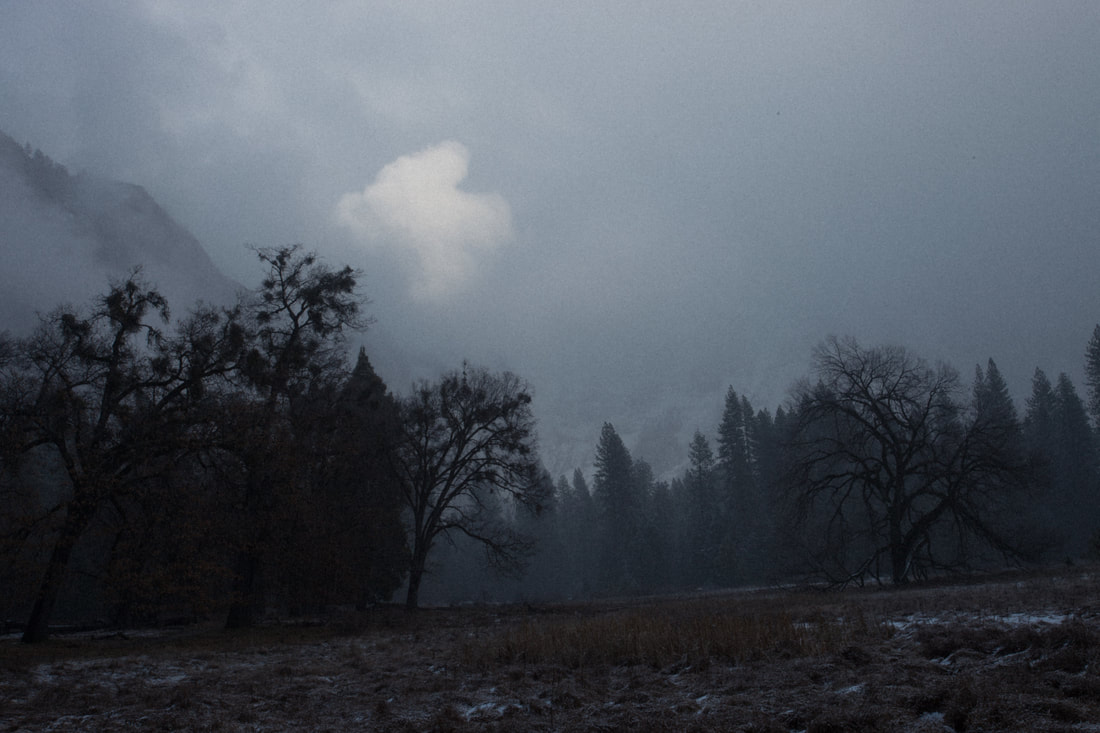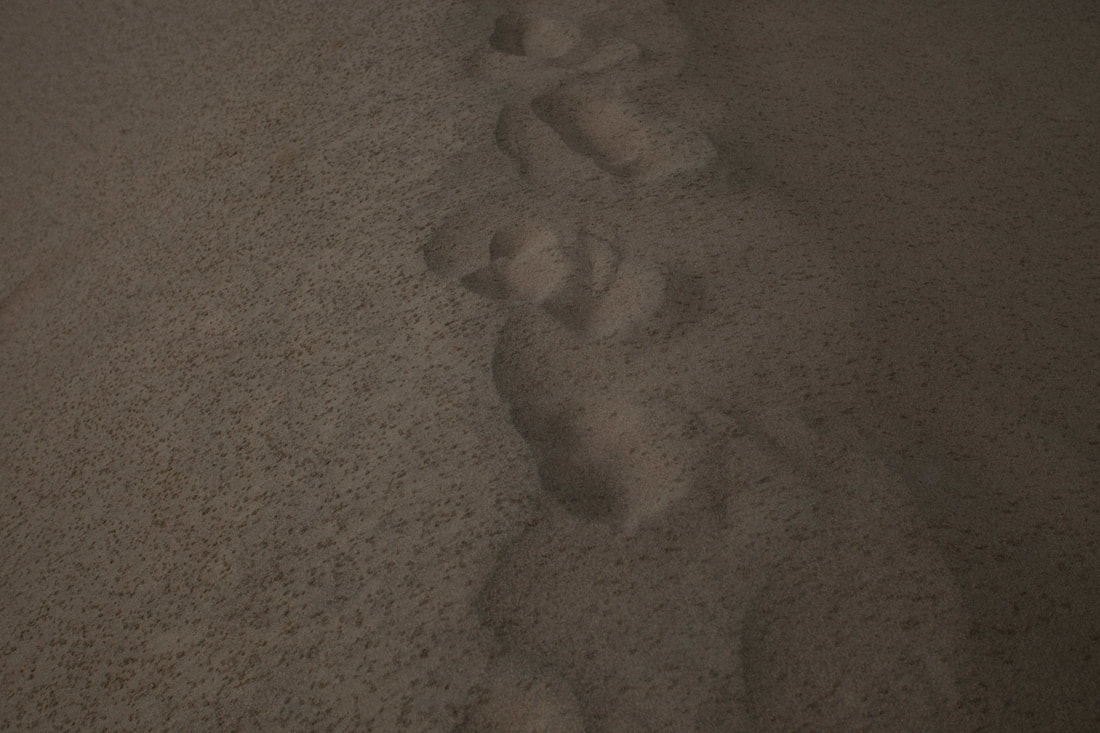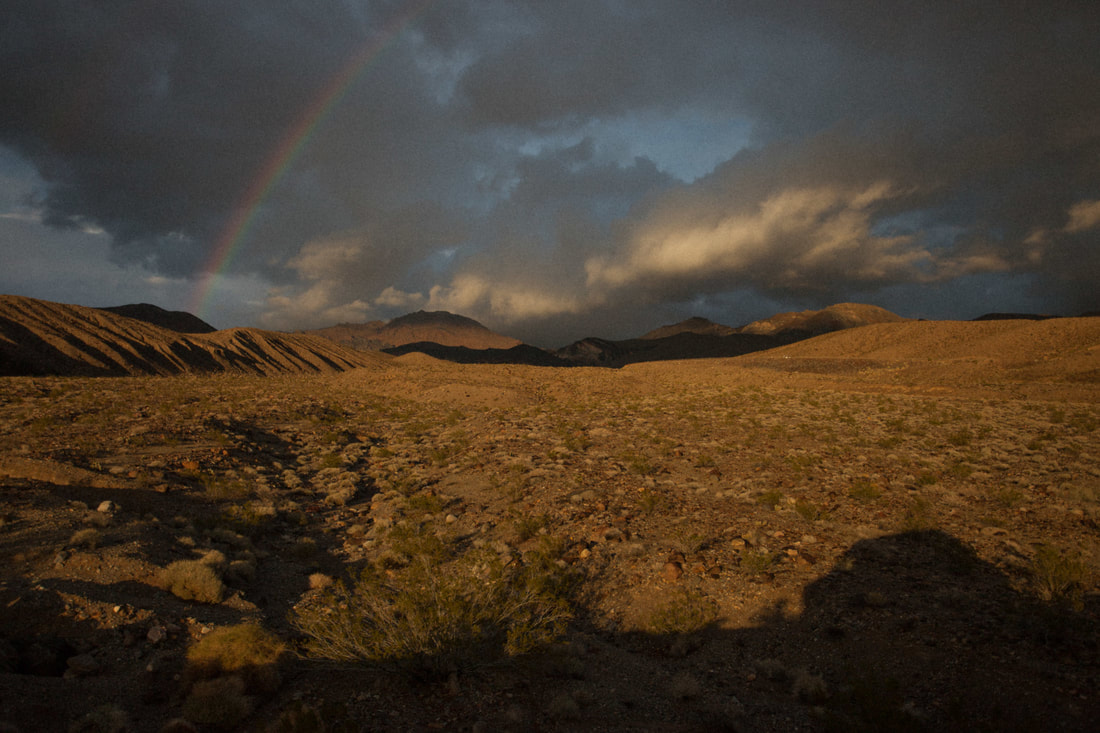|
Love yourself if perhaps one of the simplest, yet most misunderstood pieces of advice I have ever received. In two words, it allegedly prescribes a single, clear cut way to live. Love yourself. But how does that work, in a society that confuses love for passion, and is comprised of lost beings who have no clue who they are? Love is misunderstood, so I’d like to venture a definition. Here, I think the most simple definition is best. Love is unconditional acceptance. Nothing more. Nothing less. Love is looking at what is there, and allowing it. It’s not wanting something from someone or even wanting something for someone. It’s perfect acceptance. In your life, how often have you experienced this level of acceptance? Where absolutely nothing is asked from you? Where you can sit knowing everything is already perfect? Do you love yourself in that way? Most of us come nowhere near offering ourselves unconditional love. We’re hard on ourselves, we find many ways we could change or be better, and are generally our harshest critics. How can we expect to love our partner, when we’ve likely never loved ourselves unconditionally for a full hour, let alone a day, week, a month, or a year? Ram Dass describes love as “going into the place within yourself that is love, and they go into that place within themselves that is love, then you are both being in love, together”. How could true love be any other way? If you’re in love with someone, then you need their love back in order to be in love. It is a love which relies on them giving you something. It is a love with a prerequisite, not unconditional acceptance. As long as we ask something of another, we aren’t resting in the place within ourselves that is love. We’re not resting in the place where we see everything as perfect. So in order to love another, we must learn to love ourselves. But to me, what is most amazing about this piece of advice, is how loving yourself leads you to discover who you are. As you practice accepting yourself, you start to discover yourself. You start to see that you are naturally loving, naturally curious about others, naturally accepting. You begin to accept parts of yourself that you didn’t like, and this opens yourself up to love others even more. As you start identifying with these qualities, you start noticing them in everyone you meet.
With time, you begin to see this loving curiosity in everyone, and your idea of who yourself is grows. At the beginning you are an island, separate from others. By accepting yourself, you discover the part in you that is also in everyone else. As you ask less of others, you start noticing that everyone has more to give. As you begin to find the place within yourself that is accepting, you notice that those around you have an easier time finding that place inside themselves. As you love yourself, your feeling of separateness starts fading away. It is the most paradoxical predicament, being a human. We see where we are flawed, where we can grow, where we feel incomplete. But by accepting these parts of ourselves, by learning to love our incompleteness, the strangest thing happens. We start realizing that we are not the incomplete, that we are something else. Can an eye see itself without a mirror? Where are you looking from, if you think you see yourself? In this process of loving yourself, you realize that you are the love that sees, not the flaws or the being that is being seen. And a gentle shift takes place in you, because you realize that everyone else is in this same exact predicament. That each and every one of us is a loving awareness mistakenly believing that we are a flawed and imperfect being. That each of us can only love others as deeply as we love ourselves. You start by loving yourself and learn that you were much more. You learn that loving yourself is loving everyone. Practice loving yourself. If we all do this, then we can all be in the place within ourselves that is love, together. |
Author
|



 RSS Feed
RSS Feed
